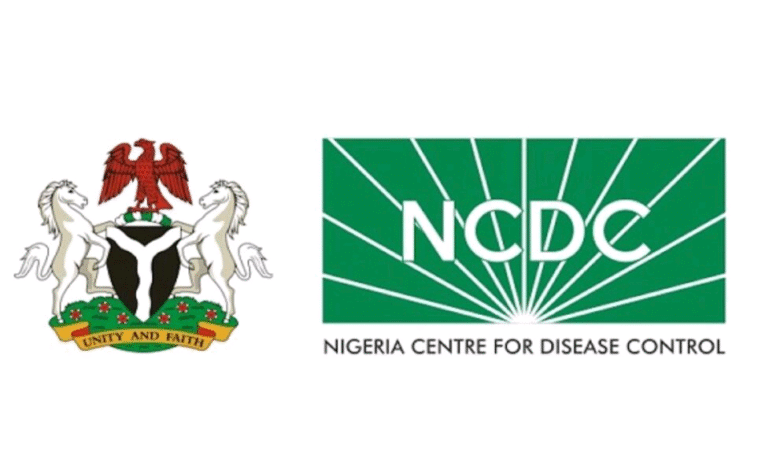NCDC Warns Health Workers: Improper Glove Use May Spread Infections
NCDC Warns Health Workers: Improper Glove Use May Spread Infections

The Nigeria Centre for Disease Control and Prevention (NCDC) has urged healthcare professionals and institutions to use gloves appropriately, warning that improper use could turn them into sources of infection rather than protection.
Dr. Tochi Okwor, Head of Disease Prevention and Control at the NCDC, made this known during an interview with the News Agency of Nigeria (NAN) on Monday in Abuja.
Okwor said a common and dangerous misconception in healthcare settings was the belief that wearing gloves eliminates the need for hand hygiene.
”Let us be clear; gloves are not a substitute for clean hands when misused.
”Whether by failing to change them between patients, using them for non-clinical tasks, or skipping hand hygiene before and after use, gloves can do more harm than good,” she said.
She noted that the message aligned with Nigeria’s broader infection prevention strategy, particularly the National Infection Prevention and Control (IPC) Strategic Action Plan and the Second National Action Plan on Antimicrobial Resistance (2024–2028).
“Both documents prioritise glove stewardship, emphasising responsible, evidence-based use in clinical environments,” she added.
Highlighting Nigeria’s progress in infection prevention and control, Okwor said the NCDC had made significant strides through several initiatives.
She explained that the Turn Nigeria Orange (TNO) initiative, inaugurated in 2019, was a nationwide movement designed to mobilise healthcare facilities to strengthen IPC standards under the principle of “One Nation, One Plan”.
She disclosed that the country had also established the Orange Network, a group of carefully selected healthcare facilities that serve as national models for integrating infection prevention, antimicrobial stewardship, and quality improvement practices.
According to her, more than 393 IPC professionals have been trained and certified to lead quality improvement initiatives across various healthcare facilities in Nigeria.
She added that a dedicated budget line for IPC had been established at the national level, which currently supports more than 150 facility-level IPC programmes across the country.
She also revealed that healthcare-associated infection (HAI) surveillance systems had been implemented to ensure real-time detection, monitoring, and response to infections within healthcare settings.
She further disclosed that the NCDC in collaboration with relevant stakeholders had developed a draft IPC Legal Framework and established Technical Working Groups (TWGS) at both national and state levels to enhance governance, coordination, and long-term sustainability of interventions.
”These interventions are showing tangible results due to collective leadership, community ownership, and consistent implementation.
”To truly improve health outcomes, hand hygiene must move beyond being a compliance requirement to becoming a culture; one that is lived, not lectured; grounded in leadership, accountability, and behavioural change,” she stressed.
She also stressed the need for risk-based glove use, where every clinical decision regarding protective equipment was ethically justified and rooted in infection prevention principles.
She noted that Nigeria’s IPC strategy aligned with the WHO Global IPC Strategy (2024–2030) and supports broader national health goals, including Universal Health Coverage and Primary Health Care revitalisation.
”We must lead with our heads, act with our hands, and protect with our hearts. Clean hands and smart glove use are not optional, they are essential to safe care,” she said.
NAN





c8cv9w